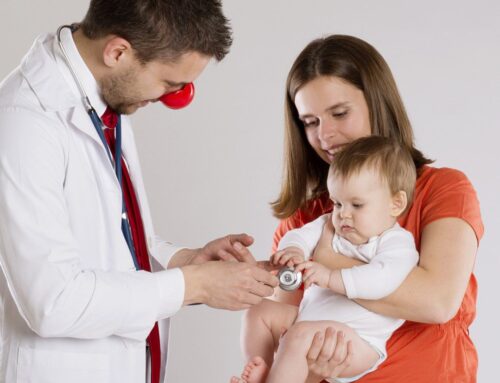Childhood is an important growth phase during which extreme exposure to the UV radiation on the skin without any protection can result in skin disorders and cancer later in life. Kids need complete sun protection whenever they are outdoors, especially during mid-day. Many parents prefer to opt for natural alternatives, because sunscreen is deemed too strong for a child’s tender skin. While natural alternatives help skin to remain healthy and glowing, it is only sunscreen that will provide maximum protection from the harmful radiation.
It is commonly observed parents are confused about the subject of sunscreens. Countless myths have made it even more difficult for a caretaker to decide whether or not sunscreen is the best way to avoid sun damage. Following are some sunscreen myths debunked to assist you in drawing a line between the fact and fiction.
An SPF 100+ is more effective- A sunscreen with an SPF 30 will block 96-98 percent of UVB rays and any SPF 100+ blocks around 99 percent of it. There is a very slight increase, therefore it doesn’t really makes a difference as long as you use sunscreen regularly and reapply it every morning and afternoon.
No sunburn on cloudy days- Even on a cloudy day, 75 percent of the UV rays can get through the clouds and burn the skin, therefore it’s essential for your child to have sunblock on overcast days.
Waterproof sunscreen- Your sunscreen might be resistant to water but no sunscreen is waterproof. Even if listed as waterproof, it is still required to be reapplied on the kids after a swim in the pool and heavy sweating.
Allergy to sunscreen– No, your child is not allergic to sunscreen, instead he is allergic to a particular ingredient used in some sunscreens. The solution is to visit a pediatrician at Pediatrix and under the direction of medical advice, try different sunscreens to understand which suits best.
No sunscreen for tan kids– Tan in young children is a sign of skin damage by sun. Now that your child’s skin is already affected, it’s highly recommended to use sunscreen always before going outdoors to prevent further damage.
You can use sunscreen for your children without any worries to keep them safe from overexposure to the sun. If there are still any questions you might like to ask, schedule an appointment with a pediatrician and seek guidance.





